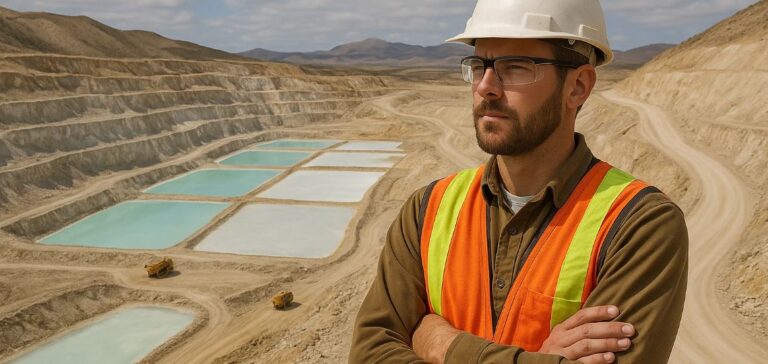enCore Energy Corp. has announced further progress in expanding its Alta Mesa uranium production site in Texas, with 32 wells currently installed and operational. The company expects uranium-bearing solution to be piped to the site’s Central Processing Plant starting on April 23. The current installation pace, under two days per well, marks the fastest rate recorded in the project’s history.
Facility optimisation and timeline reduction
The wellfield development includes 15 extraction wells and 17 injection wells. In parallel, enCore has completed the integration of PathCAD™ modelling software, a tool designed to enhance wellfield flow management and planning. The company believes the software will improve operational efficiency and optimise uranium extraction.
The initial plan to develop a new wellfield, named PAA-8, was revised following delineation drilling. New data indicated that mineralisation partially overlaps with the previously operated PAA-3 wellfield. Consequently, the area has been renamed the PAA-3 Extension, a strategic change expected to shorten permitting timelines and reduce installation costs.
Capacity increase and operational continuity
The Alta Mesa site spans over 200,000 acres of private land and mineral rights and is operated under a 70/30 joint venture with Australian firm Boss Energy Limited. The Central Processing Plant can produce up to 1.5 million lbs. of uranium annually, with an additional drying capacity of 0.5 million lbs. From 2005 to 2013, it had already yielded nearly 5 million lbs. of uranium.
The company also confirmed that training and procedural updates for wellfield optimisation are ongoing. These enhancements are expected to extend the productive life of current wellfields and increase the effectiveness of future operations.
Strategic appointment in operations
As part of this expansion, enCore Energy has promoted Dain McCoig to Senior Vice President of Operations. Mr. McCoig, a licensed engineer in Texas and Alabama and graduate of the Colorado School of Mines, previously served as Director of Operations. He was notably responsible for overseeing the technical restarts of the Rosita and Alta Mesa facilities.
“Since joining in 2023, Dain has played a pivotal role in reactivating these plants,” said William M. Sheriff, Executive Chairman of enCore Energy, in a statement released on April 22. The company also confirmed the departure of Peter Luthiger from operational duties.






















